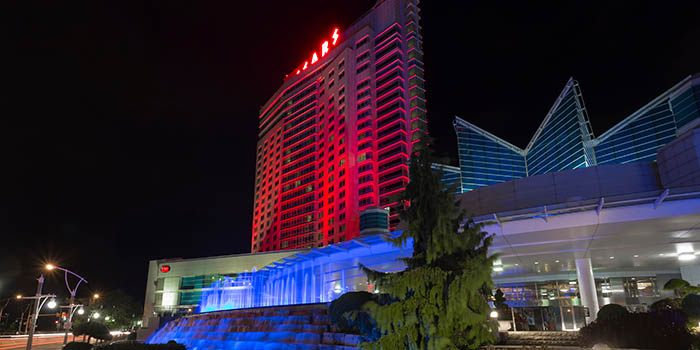Philippines Offshore Gaming Operators Face New Taxes

The Philippines government will debate new taxes to help limit illegal activities at offshore gambling venues.
Debating the New Tax for POGOs
The Philippine Offshore Gambling Operator (POGO) industry will have to deal with more pressure from the government after Albey Representative Joey Salceda filed a new legislation aimed at imposing additional taxes on POGO employees working in the country. The reason for the levy is that licensed online gaming operators are changing their classification from PAGCOR-accredited service providers to resident corporations.
PAGCOR – the Philippine Amusement and Gaming Corporation – runs its own casinos and is in charge of the regulation and supervision of privately owned casinos, more than 180 bingo parlors, as well as e-games cafes all over the country.
According to Salceda, since companies from the POGO sector are running their business in the Philippines, the income of workers employed within these firms should be subject to tax. Gambling operators are already being imposed certain duties, but Salceda believes that there has to be a specific tax code applicable to the incomings of staff. These measures are partly necessitated by previous misdemeanors.
The levy in figures
If House Bill 5267 passes through, POGO companies might be obliged to put 15% fees on the salaries, wages, annuities and other compensation of their workforce. The legislation also envisages additional 5% tax on POGO gross gaming revenue, a step already required by the Bureau of Internal Revenue (BIR).
Salceda also requests that each live POGO remote table game dealer should pay $10,000 per month, while each random number generated (RNG) game available should be charged $5,000 monthly.
According to Salceda, introducing a code system for POGO taxes will grant the government more flexibility in the supervision of the sector and will support the better tax revenue intake and enforcement. The bill will also allow for keeping track of the number of POGO employees in the Phillipines.
China imposes harsh tone on the Philippines
The promotion of the bill was also prompted by recent tensions between the Phillipines and China, when in August, the Chinese Embassy in the Asian country demanded specific and productive measures to be taken against POGOs receiving bets from customers located in China. According to a statement issued by the embassy, the interests of China have been hurt as Chinese customers are being a target of Philippine casinos and POGOS. The statement also reads that China’s financial safety has been endangered due to the illegal flow of funds into the Philippines, which involves cross-border money laundering among other unlawful activities.
China President Xi Jinping and his Philippian counterpart Rodrigo Duterte had a meeting in which it was decided that the 60 authorized POGO operators in the Philippines wouldn’t be shuttered, but instead the Department of Finance will impose sanctions on online betting companies failing to comply with their tax liabilities. The country is also making attempts to extradite Chinese nationals employed in the POGO centers. Only last month, the Immigration Bureau 324 Chinese nationals were detained after raids in eight POGO firms in Puerto Princesa in the western Philippines. The detainees are facing charges for operating unauthorized online gaming, among other crimes.
Mike made his mark on the industry at a young age as a consultant to companies that would grow to become regulators. Now he dedicates his weekdays to his new project a the lead editor of GamblingNews.com, aiming to educate the masses on the latest developments in the gambling circuit.



